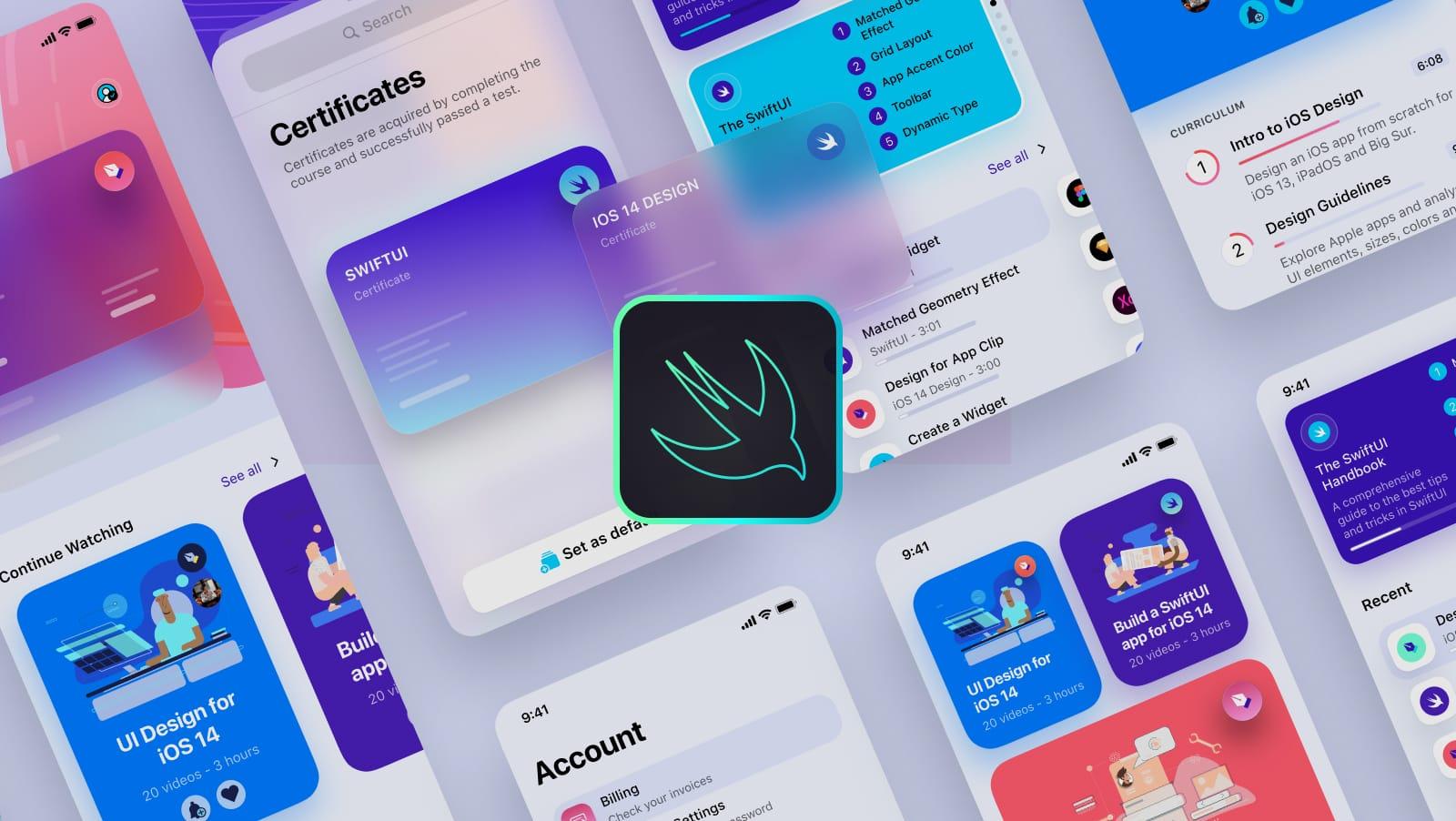The Future of iOS Mobile App Development: Trends, Tools, and Innovations

Introduction to iOS Mobile App Development
In today’s digital-first world, iOS mobile app development stands as one of the most profitable and innovative fields. With Apple’s continuous evolution—from iPhones and iPads to the latest Vision Pro headset—developers are pushed to think beyond the screen.
So, what makes iOS app development so special? It’s not just about creating an app; it’s about building an experience that fits perfectly into Apple’s ecosystem, ensuring seamless performance, security, and user satisfaction.
What Makes iOS Development Unique?
Unlike Android, iOS runs on a tightly controlled ecosystem, which means fewer compatibility issues and higher performance consistency. This allows developers to focus more on quality design and innovation rather than fragmentation.
The Growing Importance of Apple’s Ecosystem
From iPhones to Apple Watches and Macs, iOS apps now operate in an interconnected environment. Users expect continuity—like answering a call on a Mac or starting a workout on an iPhone and continuing on an Apple Watch. This cross-device functionality is shaping the next generation of mobile app design.
Emerging Trends in iOS App Development
Swift and SwiftUI Leading the Way
Apple’s Swift language and SwiftUI framework are transforming how developers create apps. Swift offers speed and safety, while SwiftUI simplifies UI design with real-time previews and minimal code. Together, they make iOS app development faster, cleaner, and more efficient.
AI-Powered Mobile Experiences
AI is no longer optional—it’s essential. iOS apps now use AI for personalized recommendations, voice assistance, and predictive behaviors. From chatbots to smart automation, AI is redefining app interactions.
The Rise of Augmented Reality (AR) and Vision Pro Integration
ARKit has already changed gaming and retail apps, but the launch of Apple Vision Pro takes immersive experiences to the next level. Developers can now create spatial applications that blend the digital world with reality.
Focus on Security and Privacy
Apple’s emphasis on privacy remains unmatched. Features like App Tracking Transparency (ATT) and on-device data processing ensure user trust—something every iOS developer must prioritize.
Tools Revolutionizing iOS Development
Xcode and Its Evolving Features
Xcode remains the backbone of iOS app development. With built-in debugging, testing, and simulator features, it streamlines the entire workflow. The latest Xcode updates also support real-time previews and Swift concurrency.
Third-Party Libraries and APIs
Frameworks like Alamofire, Firebase, and Realm help developers add advanced features such as real-time chat, analytics, and secure databases without reinventing the wheel.
Automation and CI/CD Pipelines
Continuous Integration and Continuous Deployment (CI/CD) tools like Jenkins and Bitrise automate testing and deployment—saving time and ensuring reliability in production apps.
Design and User Experience (UX) Innovations
Adaptive UI for Multi-Device Support
Modern iOS apps must adapt to multiple screen sizes—from iPhones and iPads to MacBooks and Apple Vision devices. Adaptive design ensures consistent user experience across all Apple products.
Dark Mode and Accessibility Enhancements
Dark Mode isn’t just aesthetic—it improves readability and battery life. Meanwhile, accessibility features such as VoiceOver and Dynamic Type make apps more inclusive for all users.
Monetization and Business Models for iOS Apps
Subscription Models vs One-Time Purchases
Most successful iOS apps are shifting toward subscription models. It ensures steady revenue and long-term customer engagement.
In-App Purchases and Microtransactions
Games and lifestyle apps thrive on microtransactions. Offering extra content, virtual items, or premium features keeps users invested.
App Store Optimization (ASO) for Better Reach
ASO is the SEO of the App Store. Optimizing keywords, visuals, and reviews can significantly increase your app’s visibility and downloads.
Challenges Developers Face in iOS App Development
App Store Approval Process
Apple’s strict review policies maintain quality but can delay launches. Understanding Apple’s guidelines early helps avoid rejections.
Device Fragmentation and Testing
Even though Apple’s ecosystem is controlled, multiple devices with different resolutions still require careful testing for consistent UI performance.
Balancing Performance with Design
Sleek design can sometimes come at the cost of speed. The challenge lies in keeping apps beautiful, functional, and fast.
The Role of Artificial Intelligence in iOS Apps
Chatbots, Personal Assistants, and Predictive Features
Integrating AI-powered chatbots and voice assistants enhances user engagement and offers real-time support. Predictive AI helps tailor content and app behavior based on user habits.
Machine Learning APIs by Apple (CoreML)
CoreML enables developers to embed machine learning models directly into their apps—no external servers required. It’s used in health, finance, and productivity apps to make them smarter and more responsive.
Future Innovations on the Horizon
Integration with Wearables and IoT
The future of iOS apps is connected. Expect more apps controlling smart homes, cars, and health devices seamlessly through iPhone integrations.
Cloud-Based iOS Apps
With cloud computing, apps can offload heavy processes, reduce storage requirements, and improve overall performance.
The Potential of Spatial Computing
Spatial computing will transform how we interact with apps—no longer limited to screens but integrated into our physical environments via Vision Pro and future AR devices.
Conclusion
iOS mobile app development continues to evolve, fueled by innovation, user expectations, and Apple’s relentless push for excellence. From AI and AR to adaptive design and cloud integration, the future of iOS apps is immersive, intelligent, and interconnected.
If you’re a developer or business owner, now’s the time to invest in creating apps that don’t just run—but inspire.
FAQs
1. What programming language is best for iOS app development?
Swift is currently the best and most recommended language for iOS app development due to its simplicity and performance.
2. How does AI impact iOS mobile apps?
AI enhances personalization, automation, and interactivity in apps, improving user satisfaction and engagement.
3. What is the biggest challenge in iOS app development?
The strict App Store approval process and maintaining app performance across multiple Apple devices are major challenges.
4. How important is SwiftUI for iOS developers?
SwiftUI simplifies UI design, reduces coding time, and ensures compatibility with all Apple platforms.
5. What’s the future of iOS app development?
Expect deeper integration with AR, AI, IoT, and cloud-based solutions—leading to smarter and more immersive apps.






